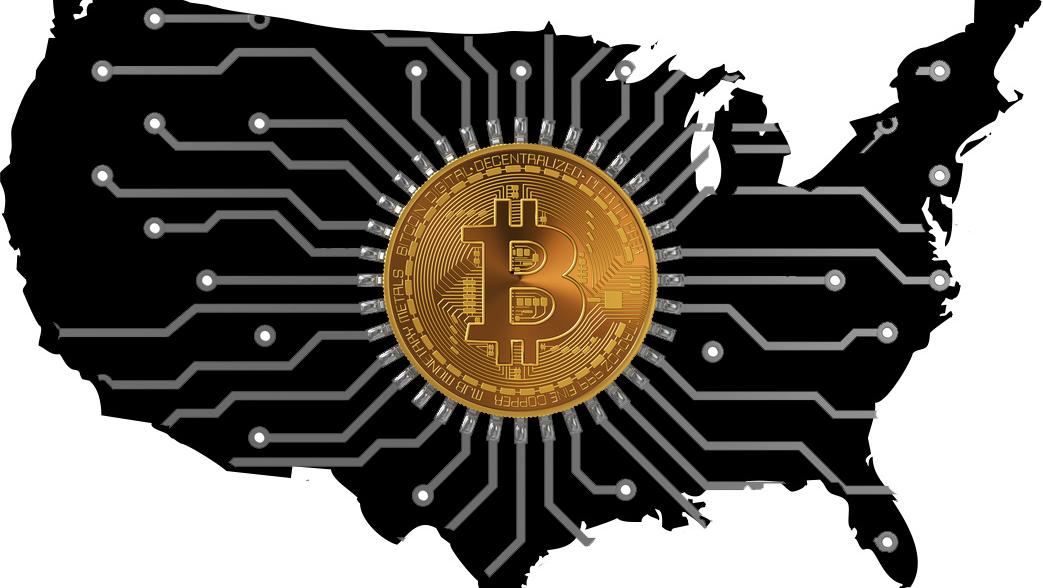PALO ALTO, Calif. (Reuters) - The Federal Reserve is taking a look at a broad series of problems around digital payments and currencies, consisting of policy, design and legal factors to consider around possibly providing its own digital currency, Guv Lael Brainard stated on Wednesday. Brainard's remarks recommend more openness to the possibility of a Fed-issued digital coin than in the past." By changing payments, digitalization has the potential to provide higher value and convenience at lower expense," Brainard stated at a conference on payments at the Stanford Graduate School of Business.
Reserve banks worldwide are disputing how to handle digital finance technology and the distributed journal systems utilized by bitcoin, which promises near-instantaneous payment at possibly low expense. The Fed is developing its own round-the-clock real-time payments and settlement service and is presently examining 200 comment letters submitted late in 2015 about the suggested service's design and scope, Brainard said.
Less than two years ago Brainard told a conference in San Francisco that there is "no engaging showed requirement" for such a coin. But that was prior to the scope of Facebook's digital currency aspirations were commonly understood. Fed officials, consisting of Brainard, have actually raised concerns about customer defenses and information and personal privacy dangers that might be presented by a currency that might come into usage by the 3rd of the world's population that have Facebook accounts.
" We are collaborating with other reserve banks as we advance our understanding of reserve bank digital currencies," she said. With more nations checking out issuing their own digital currencies, Brainard said, that contributes to "a set of factors to likewise be making certain that we are that frontier of both research study and policy advancement." In the United States, Brainard stated, concerns that require study consist of whether a digital currency would make the payments system safer or simpler, and whether it could present monetary stability risks, consisting of the possibility of bank runs if cash can be turned "with a single swipe" into the reserve bank's digital currency.
To counter the financial damage from America's unprecedented national lockdown, the Federal Reserve has taken unprecedented steps, consisting of flooding the economy with dollars and investing straight in the economy. Many of these relocations received grudging approval even from many Fed skeptics, as they saw this stimulus as needed and something just the Fed might do.
My brand-new CEI report, "Government-Run Payment Systems Are Unsafe at Any Speed: The Case Against Fedcoin and FedNow," information the risks of the Fed's existing prepare for its FedNow real-time payment system, and propositions for central bank-issued cryptocurrency that have actually been called Fedcoin or the "digital dollar." In my report, I discuss concerns about personal privacy, information security, currency adjustment, and crowding out private-sector competitors and innovation.

Supporters of FedNow and Fedcoin state the federal government needs to produce a system for payments to deposit quickly, rather than motivate such systems in the private sector by lifting regulative barriers. But as noted in the paper, the personal sector is offering an apparently endless supply of payment innovations and digital currencies to resolve the problemto the degree it is a problemof the time space in between when a payment is sent https://s3.us-west-2.amazonaws.com/brownstoneresearch4/index.html out and when it is received in a bank account.
And the examples of private-sector innovation in this area are numerous. The Clearing House, a bank-held cooperative that has been routing interbank payments in various kinds for more than 150 years, has actually been clearing real-time payments given that 2017. By the end of 2018 it was covering 50 percent of the deposit base in the U.S.